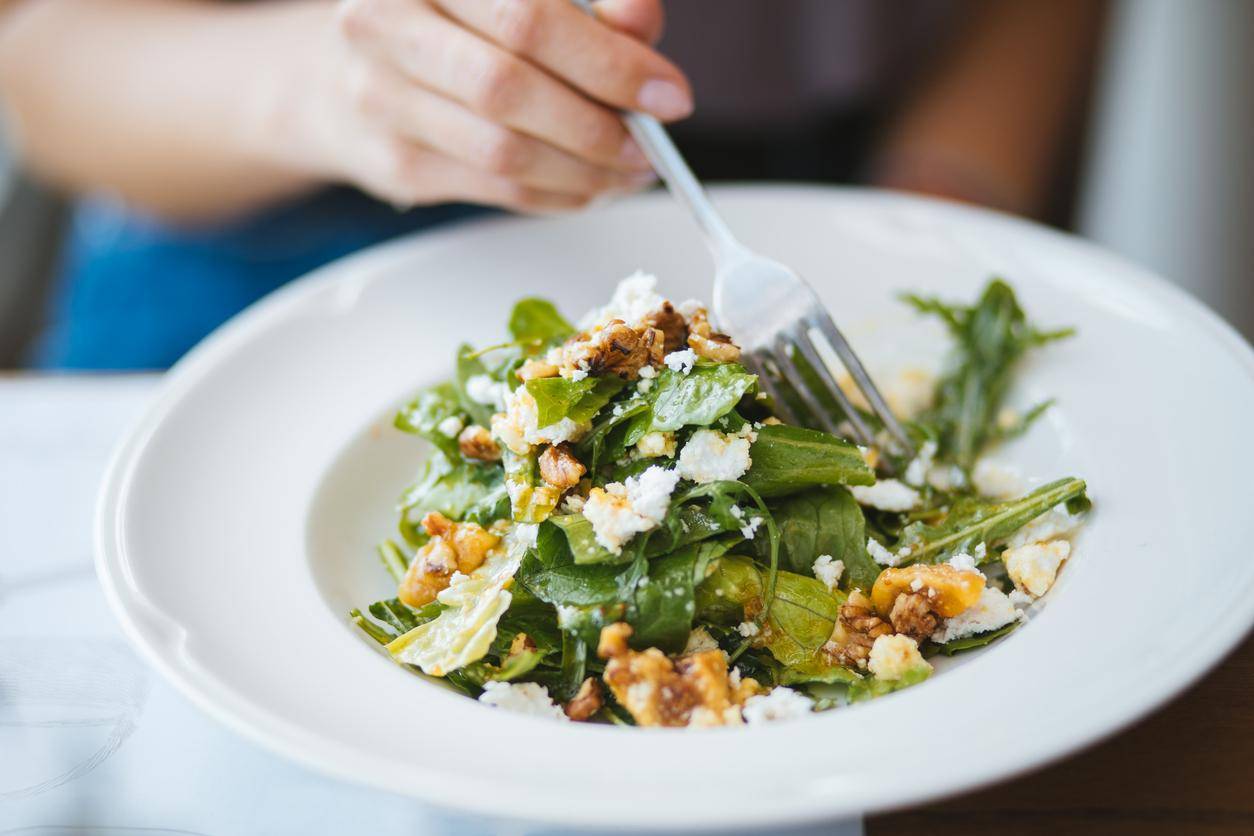The concept of “clean eating” fits perfectly with the culture of perfection perpetuated by social media platforms such as Instagram.
But adhering to the notion that certain foods are “clean” while others are “dirty” can lead to very damaging consequences, causing some people to develop an eating disorder known as “orthorexia”.
Described as the “pathological obsession for biologically pure food”, those who suffer from orthorexia often restrict the food that they consume in a very obsessive way.
“When someone is suffering from orthorexia, they are usually fixated on achieving and maintaining a perceived ‘healthy’ diet, which can be overlooked as harmful due to the ethical concerns associated with the clean eating trend,” Emmy Brunner, chief executive and founder of The Recover Clinic explained to The Independent.
“This emphasis on ‘goodness’ provides a convenient and covert reason to restrict food intake, often accepted and even idolised by society.”
When an individual feels that they cannot feel good about themselves without eating in a very regimented way, this could be a sign that they have developed a disordered relationship with food.
Orthorexia is not currently recognised in the Diagnostic and Statistical Manual of Mental Disorders, so diagnosing the condition can be tricky.
However, there are various behavioural patterns that a person may exhibit that could indicate that they are suffering from the disorder.
Restriction
One of the main aspects of orthorexia is a tendency to eliminate certain foods from one’s diet in the belief that they are unclean or impure.
“Sufferers typically cut out entire food groups, often in the mistaken belief that they are unhealthy, that their bodies are intolerant to them or that they’re curing an ailment,” Harley Street nutritionist Rhiannon Lambert told The Independent.
“This restriction deprives them of essential nutrients and vitamins.”
Doing this can lead to malnutrition and put the state of a person’s overall wellbeing at risk.
However, it’s not always easy to tell when a person is suffering from an eating disorder, just like with other conditions such as anorexia and bulimia.
“It should be noted that you may have an eating disorder at any shape or size,” Lambert explained.
“An individual of a healthy weight can also suffer from anorexia.”
In some cases, a person may be more likely to develop orthorexia if they’re recovering from anorexia as they still approach food with a similar, compulsive mindset.
Controlling behaviour
The restrictive nature of orthorexia doesn’t solely lie in the way in which individuals control the way they eat.
This can also carry across into other areas of their life, such as the way they react when faced with the prospect of dining out.
“It’s time to be concerned when someone’s life is being negatively impacted,” said Hala El-Shafie, registered dietitian and expert in the psychology of eating.
“For example, if there is evidence of the person being distraught at the suggestion of eating out with friends or when they are not in control of the cooking or shopping.
“If a person is spending more than three hours a day thinking about their diet and feeling guilty when they stray from self-imposed food restrictions, they’ve probably started a disordered relationship with food.”
If you’ve noticed that a friend or loved one has started to display changes in their usual behaviour or personality, then it may be a wise idea to seek help from a professional.
Mood swings, overuse of supplements and excessive bouts of exercise could also signal that a person is suffering from orthorexia.
Relationship with food
Leading a healthy lifestyle isn’t just about ensuring that you include wholesome foods in your diet.
It’s also about the way in which eating makes you feel about yourself.
“There’s a strong correlation between our emotions and our relationship with food,” said Brunner.
“Therefore, if someone is restricting their diet unnecessarily, this can reflect an underlying and damaged sense of self-worth.”
No one should be made to feel that eating certain foods makes them a bad person. However, the term “clean eating” can insinuate just that.
“Anyone or anything that demonises the simple and normal pleasures of life is dangerous,” said Brunner.
“Therefore, it’s important to challenge the perception that foods are either ‘good’ or ‘bad’… most foods are neither, and it’s how we approach our relationship to food that’s key.”
Sally Baker, a therapist and author, believes that the increasing popularity of eating practices such as veganism could also have a detrimental effect on a person’s relationship with food.
“The problem is that veganism requires more effort to eat well and balanced than a vegetarian diet, and many young people aren’t equipped to give their eating the attention it needs,” she explained.
If you are cutting foods from your diet, it’s important to consider what your reasons are for doing so.












